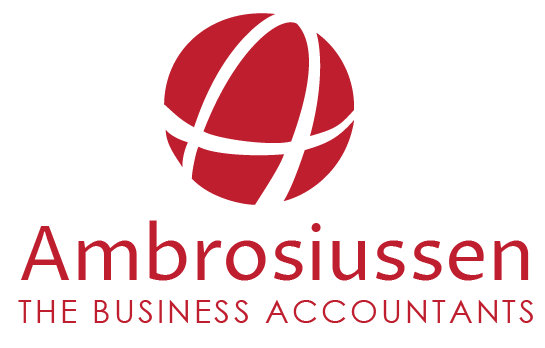Going for Gold in Business: Lessons from the Olympics
Sam Wright
September 3, 2024
Rather listen to this blog? Click play below.
Key Lessons from Olympic Athletes
With the Olympics just finished, the physical achievements of competitors were on display for the world to see. Our Australian athletes, with their best-ever medal haul, have shown us what's possible with years of dedication, focus, and meticulous preparation.
Just as our athletes have demonstrated excellence in their respective fields, businesses can strive for similar levels of success through careful preparation and strategic planning. The aim is a business journey that emulates Ariarne Titmus's gold medal-winning performances.
The Importance of Preparation for Business
Successfully navigating going into business is a little bit similar, where the preparation and assessing the competition are key to success. The figures and statistics on business failures are depressing, and so conducting thorough research, commonly referred to as ‘due diligence’ and understanding key issues are crucial steps towards a positive outcome.
Understanding Due Diligence
When considering the acquisition of an existing business, the initial step is to obtain the Information Memorandum from the seller or their representative. It serves to filter out unqualified candidates and provides an overview of the business. This document lists key information about the business; such as history, products/services, the market, financial information, owner involvement and growth opportunities.
One of the most important questions to ask the seller is why is the business for sale? More often than not there are good reasons for the sale on the open market - being retirement, health, or a change in personal circumstances. If the reason for the sale is more to do with falling profitability or poor management, the best way to uncover this is often by completing a thorough due diligence process on the business.
The due diligence process for prospective buyers involves a review of the business's financial information, legal documents, and operational practices. Potential buyers also analyse market conditions, customer and supplier relationships, and the current value of physical and intangible assets. This helps make informed decisions about the value of the business before making a decision to proceed with the purchase.
Much of the information provided comes from the seller's broker, who wants to make a sale. Therefore, independent checks are crucial.
How will the business be funded?
Financing is another key consideration. If the purchase is to be financed through borrowing the profits of the business need to be enough (after tax) to make the repayments plus a good buffer for trading cash flow, owner’s wages and taxes.
The value of proper due diligence
Our experience has shown that a fair number of due diligence processes result in buyers deciding not to proceed with the purchase. This may seem discouraging, but this underscores the value of the process. We have uncovered various issues during due diligence, including profitability inconsistencies, over-reliance on key customers, unjustified adjustments to inflate sale prices, and inaccuracies in financial statements.
The value of proper due diligence
The journey into business ownership shares parallels with Olympic preparation. The due diligence process serves as a training ground, building knowledge and insight, crucial for informed decision-making. Successful entrepreneurs often apply this level of rigour to their business ventures, mirroring the dedication of world-class athletes.




